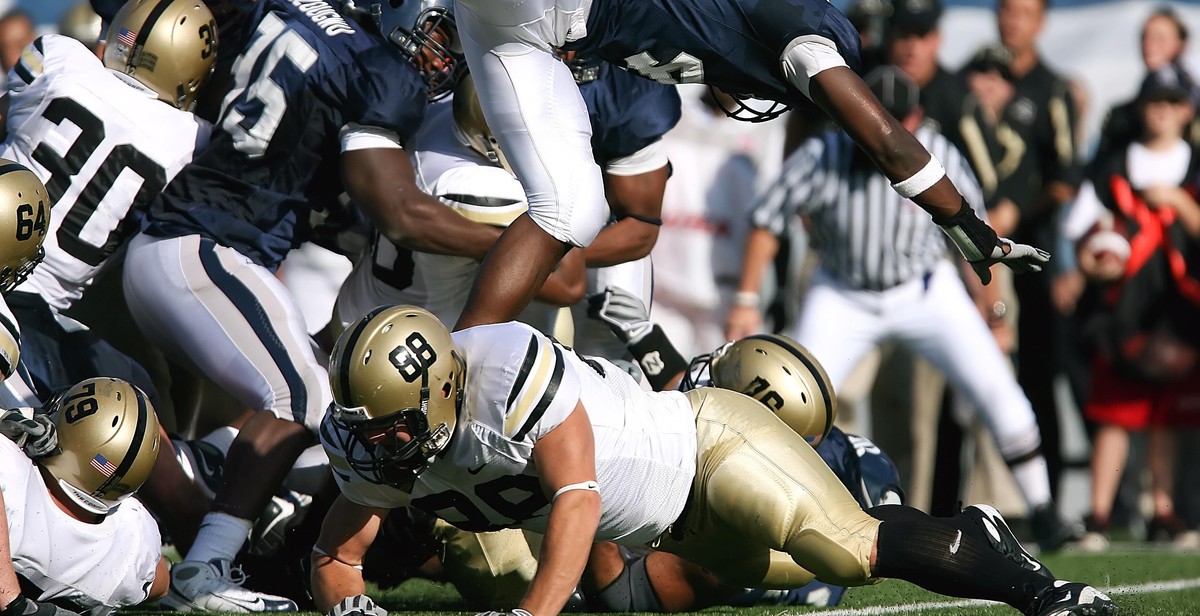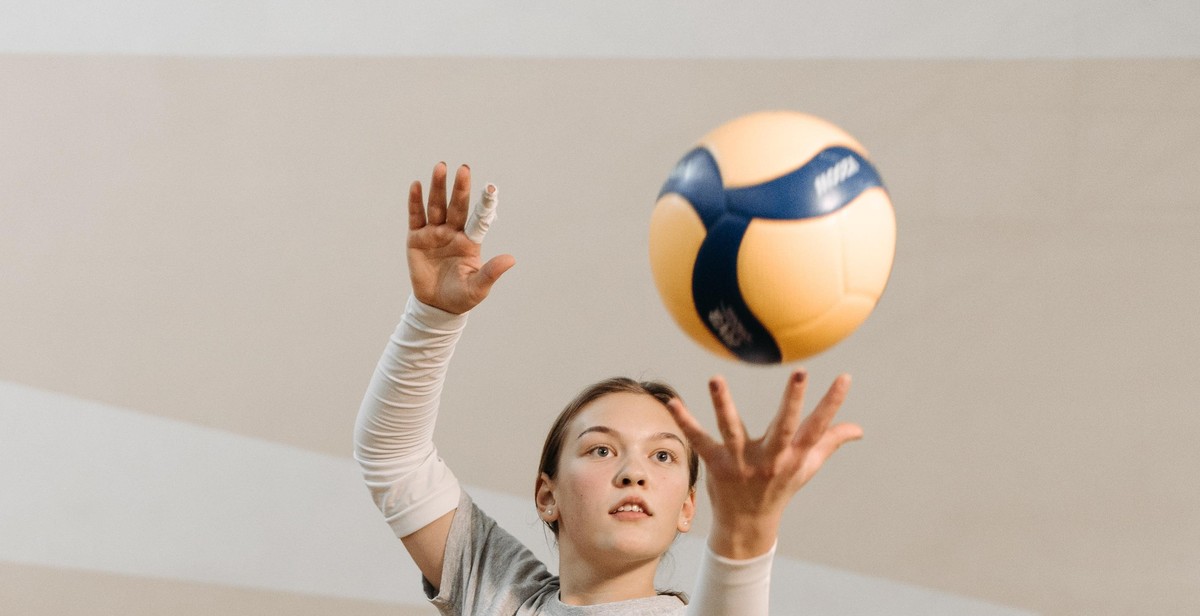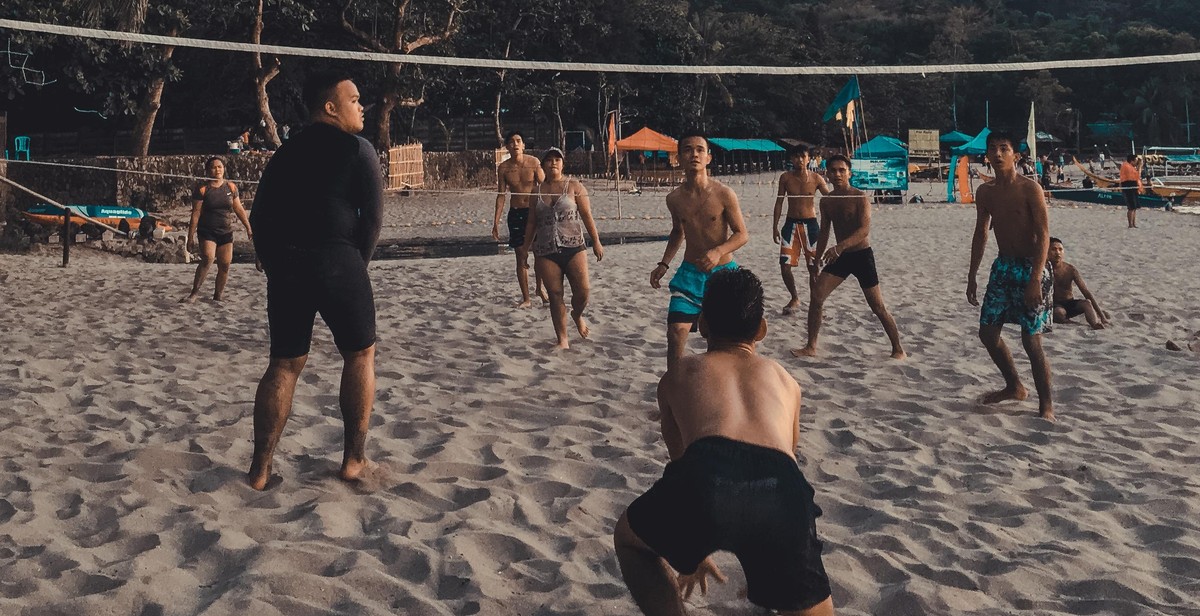How to Officiate Volleyball Games: Guidelines and Procedures for Being a Volleyball Referee
As a professional and experienced volleyball referee, I have seen the importance of good officiating in the game of volleyball. Volleyball referees are responsible for ensuring that the game is played fairly and according to the rules. They are also responsible for making sure that the game runs smoothly and that the players are safe.
In this article, I will be sharing my personal experience and providing guidelines and procedures for anyone interested in becoming a volleyball referee. Whether you are a beginner or an experienced referee, this article will provide you with the necessary information to officiate volleyball games effectively.
Why is Good Officiating Important?
Good officiating is important because it ensures that the game is played fairly and according to the rules. It also helps to prevent injuries and ensures that the players are safe. A good referee is able to maintain control of the game and make quick and accurate decisions.
What Does a Volleyball Referee Do?
A volleyball referee is responsible for enforcing the rules of the game, making decisions, and ensuring that the game runs smoothly. They are also responsible for keeping track of the score and making sure that the players are following the rules.
Some of the specific duties of a volleyball referee include:
- Starting and ending the game
- Calling fouls and violations
- Keeping track of the score
- Communicating with the players and coaches
- Making decisions quickly and accurately
In the following sections, I will be providing more detailed information on how to become a volleyball referee and how to officiate volleyball games effectively.

Qualifications for Officiating Volleyball Games
Officiating volleyball games requires a certain set of qualifications to ensure that the referee is fit for the job. These qualifications include physical fitness, knowledge of the game, and certification.
Physical Fitness
Officiating volleyball games requires a certain level of physical fitness. Referees need to be able to move quickly on the court to keep up with the game and make accurate calls. They also need to be able to stand for long periods of time without getting tired or fatigued.
Referees should have good cardiovascular fitness, which can be achieved through regular exercise such as running or cycling. They should also have good flexibility, which can be improved through stretching exercises.
Knowledge of the Game
A good referee should have a thorough knowledge of the volleyball game. This includes knowledge of the rules, the different positions on the court, and the strategies used by teams. Referees should also be aware of the latest rule changes and updates to ensure that they are making accurate calls.
Referees can improve their knowledge of the game by attending training sessions, watching professional games, and reading up on the latest rule changes.
Certification
Referees need to be certified to officiate volleyball games. Certification ensures that referees have the necessary knowledge and skills to make accurate calls and maintain the integrity of the game.
Certification requirements vary depending on the level of games being officiated. For example, high-level games may require more extensive training and certification than lower-level games.
| Level of Certification | Requirements |
|---|---|
| Local Level | Basic knowledge of the game, completion of a local certification program |
| Regional Level | Advanced knowledge of the game, completion of a regional certification program |
| National Level | Expert knowledge of the game, completion of a national certification program |
Referees should check with their local volleyball association to find out the specific certification requirements for their area.

Pre-Game Preparation
As a volleyball referee, it is crucial to prepare well before each game to ensure a fair and safe match. The following are some essential steps to take before the game:
Reviewing the Rules
Before the game, make sure to review the rules of volleyball thoroughly. This includes understanding the different types of violations, how to signal them, and the proper calls to make in different situations.
It is also important to familiarize yourself with any specific rules or regulations that may apply to the game you will be officiating. This could include rules for the league, tournament, or competition you are working in.
Inspecting Equipment
Another crucial step in pre-game preparation is inspecting the equipment. Make sure that the net is at the correct height, the court lines are clearly visible, and all necessary equipment is in good condition.
It is also important to check that all players are wearing the appropriate gear, including knee pads and proper shoes. If any equipment is found to be faulty or unsafe, it should be replaced or repaired before the game begins.
Meeting with Co-Officials and Coaches
Before the game, you should also meet with your co-officials and coaches. This is the time to discuss any specific rules or concerns, confirm responsibilities, and ensure that everyone is on the same page.
During this meeting, it is also important to establish good communication between all parties. Clear communication is essential to ensure that the game runs smoothly and that any issues or concerns can be addressed quickly and efficiently.
By taking these necessary steps before each game, you can ensure that you are well-prepared to officiate a fair and safe match. This will not only benefit the players and coaches but also enhance your reputation as a reliable and competent volleyball referee.

Game Procedures
As a volleyball referee, it is essential to understand the game procedures before officiating any match. Here are the guidelines and procedures for officiating volleyball games.
Coin Toss and First Serve
Before the match commences, the referee conducts the coin toss to determine which team will serve first and which side of the court they will play on. The team that wins the toss has the option to serve or receive the serve. The team that loses the toss chooses the side of the court they want to start on.
After the coin toss, the referees signal for the first serve. The serving team must serve from behind the end line and within the boundary lines of the court.
Scoring and Rotation
Volleyball games are played in sets, and each set is played to 25 points. A team must win by two points to win the set. If the game goes to a fifth set, it is played to 15 points.
Teams rotate clockwise after winning a rally and gaining the serve. The player in the right-back position rotates to serve, and the other players move to the next position. This rotation continues throughout the game.
Calls and Signals
As a referee, you must make calls and signals for every play. You must call out “out” if the ball lands outside the boundary lines, “in” if the ball lands inside the boundary lines, and “touch” if a player touches the ball as it goes out of bounds.
You must also signal for violations such as “net touch,” “foot fault,” and “double hit.” It is crucial to make clear and concise calls and signals to avoid any confusion.
Handling Disputes
Disputes may arise during the game, and it is the referee’s responsibility to handle them. If a player or coach disagrees with a call, they may request a “second referee” to review the call. The second referee may change the initial call if they see evidence that the call was incorrect.
However, if the dispute continues, the referee may issue a penalty, such as a yellow or red card. It is essential to remain calm and professional when handling disputes and to maintain control of the game.
In conclusion, understanding the game procedures is crucial for being a successful volleyball referee. By following these guidelines and procedures, you can ensure a fair and enjoyable game for all players and spectators.

Post-Game Responsibilities
As a volleyball referee, your responsibilities do not end when the game is over. After the match, you need to complete several tasks to ensure that the game is properly recorded and that you continue to improve your skills.
Completing the Score Sheet
One of your most important post-game responsibilities is to complete the score sheet accurately. This document is an official record of the game and includes the names of the teams, the final score, and details about the sets and points won. You need to ensure that all information is entered correctly before submitting the score sheet to the league or competition officials.
Providing Feedback
After the game, it is important to provide feedback to the teams and coaches. This feedback should be constructive and aimed at helping them improve their skills and strategies. You can also provide feedback to yourself by reviewing your performance as a referee and identifying areas for improvement.
Continuing Education
Finally, as a volleyball referee, you need to continue your education and training. Attend clinics and workshops to learn about new rules, techniques, and equipment. This will help you stay up-to-date and improve your skills as a referee.
| Task | Details |
|---|---|
| Complete score sheet | Ensure accuracy and submit to league officials |
| Provide feedback | Give constructive feedback to teams, coaches, and yourself |
| Continue education | Attend clinics and workshops to stay up-to-date |
